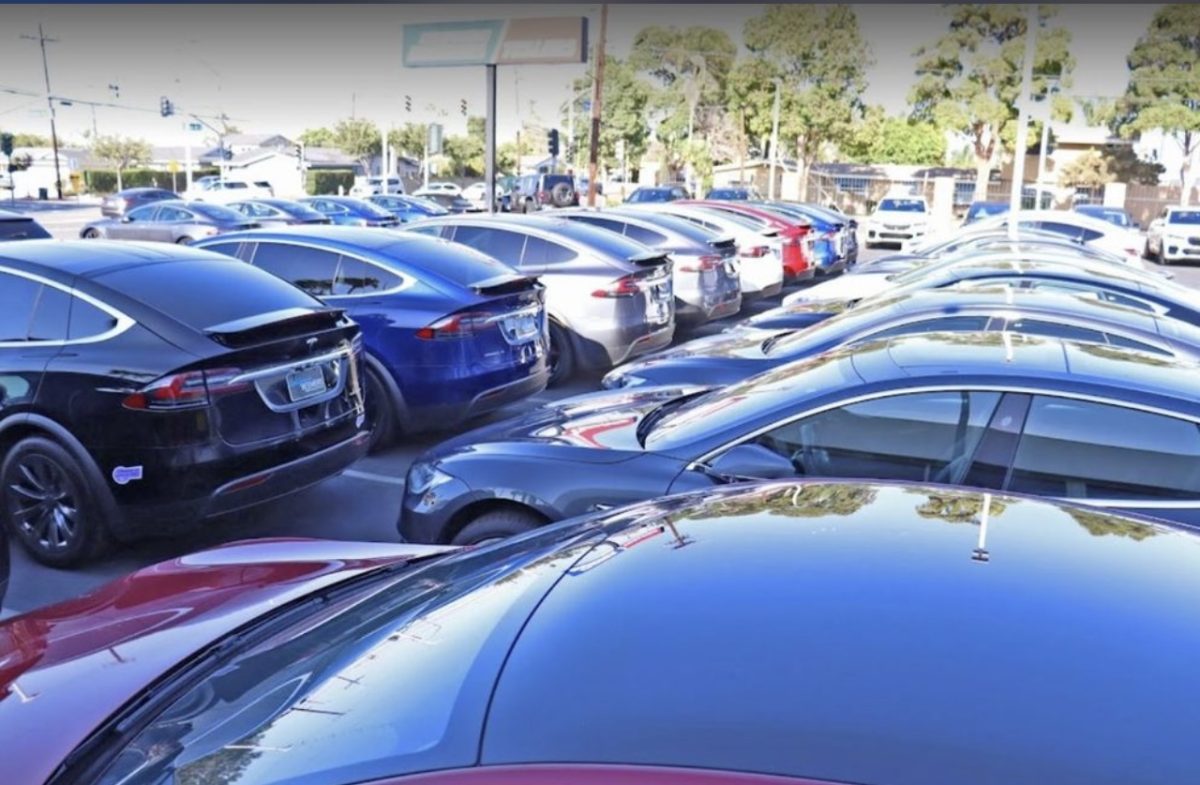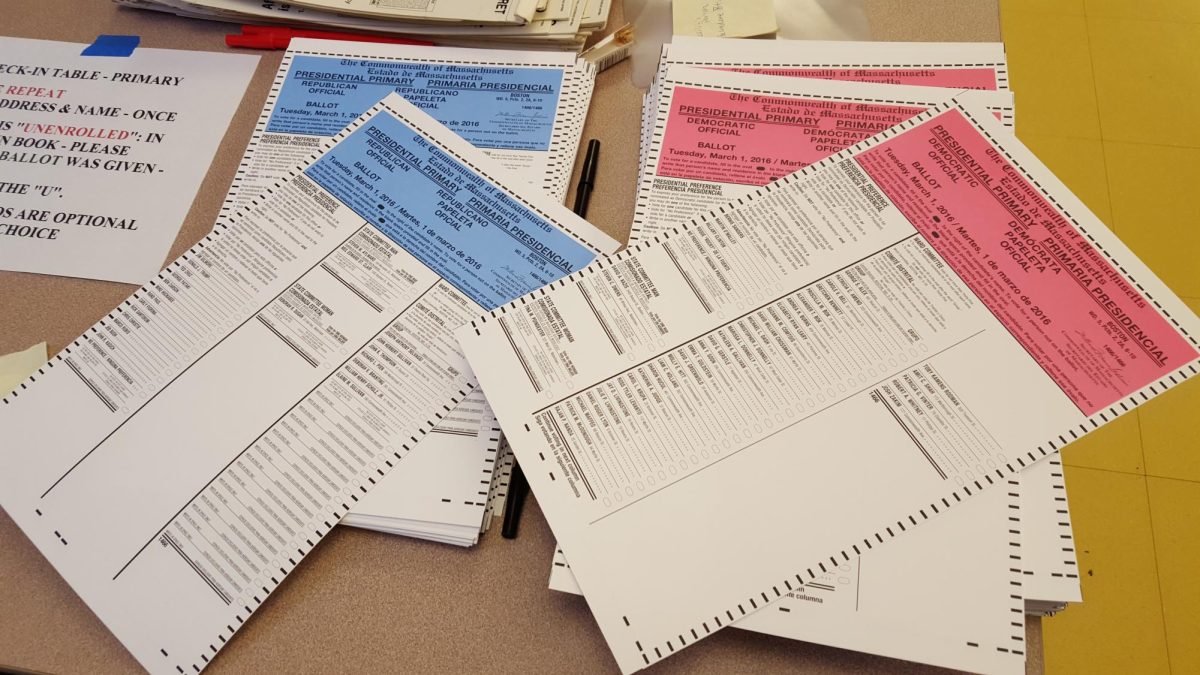As of recently, car manufacturers have been raising their prices, but many people wonder why that is. The issue can not be broken down into just one answer. It is a complex topic with a lot of factors. This article sheds light on the problems causing this price trend and several perspectives from Segerstrom.
Mr. Bradshaw, a U.S. History teacher here at Segerstrom, shares his perspective on higher car prices. He was asked if there was anything that car companies could do to reduce the cost of these newer cars.
“I do not believe the automotive industry has any obligation to lower prices. The market will dictate the price.”
Mr. Bradshaw’s opinion is commonly shared by most. He expanded upon this point by explaining that research plays a bigger part in how people should buy cars. He believes that the customer must research for the best car price as that model will sell regardless of the asking cost. Later, he emphasized the importance of customer deals and how it’s up to customers to negotiate an offer to car dealers.
“With that [research on different makes and models of new cars], buyers can negotiate prices down with dealers and purchase their truck of choice for far lower than [Manufacturer Suggested Retail Price].”
Mr. Bradshaw reiterates the necessity for independent research for deciding and purchasing a car. He does argue that government agencies should advocate for the consumer by providing incentives for customers.
“Rather than calling upon private industry to lower prices, states and federal government legislation could provide incentives (especially substantial tax rebates) for new car buyers.”
An example of Mr. Bradshaw’s argument is from several state governments: they are offering a $7,500 tax cut for purchasing an electric vehicle. He then states that the point of contention is in tandem with new car prices–technology. Technology is ever present in new cars and some can not function without it. This ranges from something as simple as a digital dashboard to as complex as self-driving capabilities.
With this in mind, Segerstrom News interviewed students all across campus to get their opinions on rising prices and their factors. Segerstrom News interviewed Mayra Torres (11) and Steven Tellez (11), both interested in purchasing their first car, for their opinion on the matter.
“What I think caused [rising prices] was the importing and making of the vehicles…Their parts have become more hard to make and get.”
Torres’s statement is widely supported because a car’s assembly and design are considered its greatest cost. Car manufacturers spend time inventing new features that work reliably but work practically for their models. Additionally, certain car models have been discontinued due to the availability of parts. Technology is the most expensive and constantly changing factor in cars. Many people argue that this is a big factor in how prices are decided for new cars. However, Tellez believes technology should not be a factor in a car’s pricing.
“…Many like to say technology makes [cars] cost more but in reality every car now has [the same] technology and when everyone does, no one [has innovative technology].”
The widespread implementation of complex technologies has directly increased the prices of newer cars. Tellez is implying that because of how widespread tech is in cars, the cost should not be kept as high. The only way that car companies could decrease prices and have advanced technology would be to introduce true base models.
True base models are vehicles with only the bare essentials. They would not feature complex technologies that aren’t necessary for the cars to work. With proper implementation, this would allow companies to sell lower-value new cars, while still keeping the newer features of these newer cars.
But then the question becomes: How many people would buy these base-end models? Manufacturers might not view base models as profitable from their standpoint. Many car buyers enjoy these features, so base models are not a proper alternative. Even having these base models at a lower cost, most customers would not accept this trade off. In turn, this causes a profit shortage for car companies and prevents them from selling these types of models.
For the time being, it doesn’t seem like car manufacturers are willing to change. With this in mind, buyers interested in buying a new car should research different makes and models to get the best possible deal. An age-old strategy, but with the shortage of materials and changing trends in the automobile industry, this might be the best strategy for buying a new car.

















